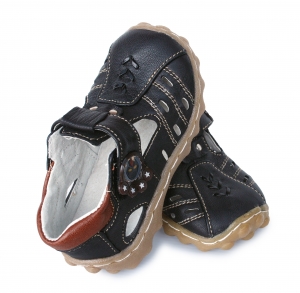When divorced Florida parents are forced to deal with child custody issues, tempers can run high – especially if the divorce was not amicable and the parents disagree with the approved parenting plan. Now those parents will have a way to better handle disagreements and build better relationships with their children. A help line has been set up for Lauderdale County, Florida parents that can help them get through child custody issues with less anger and frustration. This is important because fights between divorced parents can cause lasting emotional scars on their children.
The help line, which falls under the umbrella of Families First, offers parents a third party to help them manage and solve parenting disputes. When a call comes in, volunteers talk with both of the parents to help them diffuse angry feelings and come to a suitable compromise.
The line is staffed by twenty one volunteers, who are required to complete a six week training course before answering the phones. The Lauderdale center fields around fifty calls per month. The help line has been so successful in Lauderdale County that a task force has been created to investigate establishing call centers in other areas in Florida, including the Jacksonville, Florida area.
 Jacksonville Divorce Lawyer Blog
Jacksonville Divorce Lawyer Blog





 Amy and Scott Kehoe were unable to have children of their own. So they went to great lengths to hand pick an egg donor, sperm donor, and surrogate for their future child. They then hired a Michigan IVF clinic to carry out the procedure. The couple paid for everything out of pocket. But a month after the surrogate gave birth to twins, Ethan and Bridget, the Kehoes were forced to turn the children back over to the surrogate mother, Laschell Baker, who changed her mind about turning over custody of the children when she found out that Ms. Kehoe was under treatment for a mental illness. Ms. Baker, who already has four children of her own with her husband Paul, said she couldn’t live the rest of her life worrying whether Ms. Kehoe’s illness would remain under control.
Amy and Scott Kehoe were unable to have children of their own. So they went to great lengths to hand pick an egg donor, sperm donor, and surrogate for their future child. They then hired a Michigan IVF clinic to carry out the procedure. The couple paid for everything out of pocket. But a month after the surrogate gave birth to twins, Ethan and Bridget, the Kehoes were forced to turn the children back over to the surrogate mother, Laschell Baker, who changed her mind about turning over custody of the children when she found out that Ms. Kehoe was under treatment for a mental illness. Ms. Baker, who already has four children of her own with her husband Paul, said she couldn’t live the rest of her life worrying whether Ms. Kehoe’s illness would remain under control.

